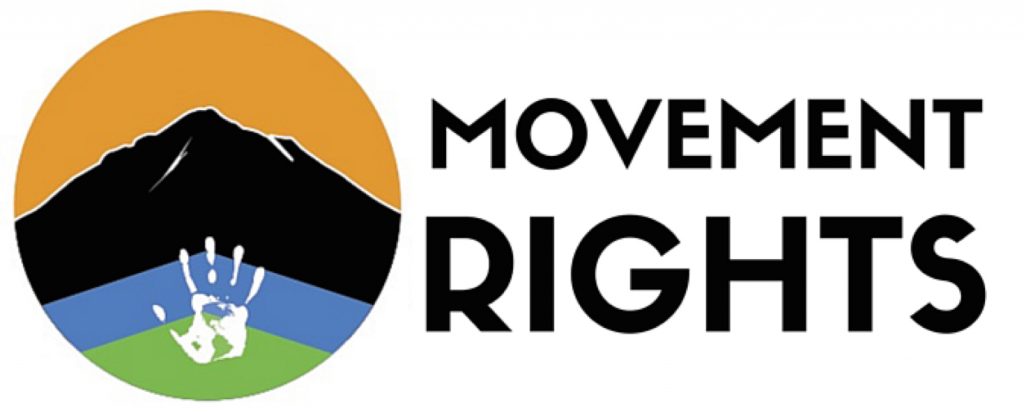The Ponca Rights of Nature Campaign
Law Follows Culture, Not the Other Way Around
In 2022 the Ponca Nation of Oklahoma made Rights of Nature history the second time by adopting a law recognizing the legal rights of two Rivers in their territory: Ní’skà, (the Arkansas River) and Ni’ží’dè, (the Salt Fork River). Following the Original Instructions of the tribe since time immemorial, the Ponca hereditary Women’s Society, Pa’thata, have always been the keepers of the Waters. Rivers are themselves considered sacred feminine entities by the Ponca, and by tribes around the world. Law follows culture, not the other way around. The work ahead is to make the Ponca Rights of Nature and their new Rights of Rivers’ law become a strong model that leverages and contributes to the power of the global movement for culture shift.













































